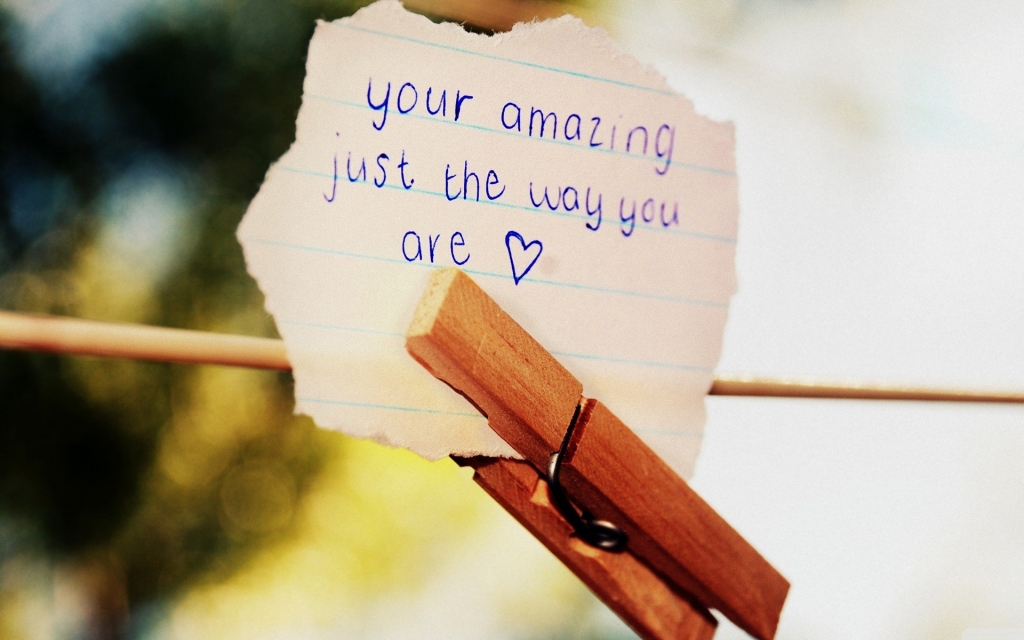Embrace all parts of yourself especially those that you try to reject or ameliorate
To accept oneself means to become one’s own ally. We step over to our side and cease to judge, criticise or exert pressure on ourselves. When we are not accepting and validating who we are, we have self-demands to be and perform in a certain way. This self-conscious and harsh attitude can be applied in all areas of our functioning: we are against our emotional states, our thoughts and even body sensations.
What makes it even more self-oppressive is that we can be the hardest on ourselves after experiencing a difficult situation (losing a job, separation, conflict, anxiety and depressive states, feeling overwhelmed, having burnout, etc.) We already suffer due to it, yet, it is not enough, we add onto our pain with a judgemental attitude towards ourselves. We start ruminating in a self-deprecating manner: how could I have allowed this to go so far, why am I crushed emotionally, why am I not stronger, why do I continue to have physical pain, why do I think negatively, etc.
Without understanding why my reaction was the way it was, it seems the most automatic mechanism is to go against oneself. I can assure you, our reactions are not random, they are informative about how we are constructed in the light of our past experiences. Therefore, cherish them, they are a part of you and your life story, so embrace this part of yourself that you believe is bringing you trouble, pain and discomfort. It really does wonders to uproot this critical internal voice (that was very likely internalised from somebody important in your past) and in its place build a gentle, respectful and loving view of yourself. You will be one step forward towards creation of internal stability and self-confidence!
“Be your own ally, a positive resource of validation and acceptance, and you will lay the first foundations for managing your emotional states and building a positive sense of self.”
You are valuable as you are: be mindful of your attitudes and expectations towards yourself
I know that what you experienced might not have been emotionally easy and you wished you were different or could have responded in another manner. You might feel ashamed and would like to change yourself and have thus set expectations about how you should be. But it will have the opposite effect: you will feel more self-conscious, under pressure and anxious, and you will create internal conflict due to rejection of the ‘negative’ part of yourself. Consequently, your self-esteem and sense of competence will be undermined.
I am not saying that after a while you cannot start transforming the way your mind functions, your emotional responses or find better behavioural options, but first, you should acknowledge and validate your being. Be your own ally, a positive resource of validation and acceptance, and you will lay the first foundations for managing your emotional states and building a positive sense of self.
What motivates us to go against ourselves
The first origins of self-rejection were laid in our childhood and growing-up period. We had to be in a certain way to fulfil our parent’s expectations, to fit into social groups and larger society. So being or reacting differently than what was expected from us triggers feelings of inadequacy. These standards are internalised, we carry them inside us without being consciously aware of them. But we have the right to be who we are. We can discard these internal critics and replace them with acceptance and love for oneself.
“The solution lies in self-empathy, validating your experience and what you went through. You can understand your responses only if you have an accepting attitude: you allow it to be, so you can explore it and get deeper in touch with yourself.”
Feeling angry or afraid of how you felt or reacted? Terrified it will happen again and that you will once more lose control over your feelings, body sensations and thoughts? It is a normal fear and a normal tendency to try to avoid and prevent it. But then again, you will not achieve it through self-imposed demands (it should never happen again, be invulnerable, more assertive, don’t be depressed, anxious…), avoidance or putting yourself down.
The solution lies in self-empathy, validating your experience and what you went through. Most importantly, you can understand your responses only if you have an accepting attitude: you allow it to be, so you can explore it and get deeper in touch with yourself. It is the pathway towards new discoveries and understandings about the origins of your responses.
Cultivating self-empathy
“Embracing each part of yourself with love and care will enable you to set the conditions for self-confidence and inner strength.”
Imagine how would you feel next time when falling below your standards and for a change thought that you did your best at the given moment? Relieved, acknowledged and with undamaged self-confidence. You would also have more energy at your disposal that wouldn’t get lost in an internal battle and could be used productively for your next task or goal. Lastly, you would feel relaxed and protected from the grasp of internal stress.
Apply acceptance of yourself to all aspects of your functioning. Each response carries a little piece of a story about yourself, so why discard it? Before being able to change anything, you need to understand its triggers or roots; thereby, by suppressing your emotions, thoughts or reactions, you disable yourself from finding true solutions. Embracing each part of yourself with love and care will enable you to set the conditions for self-confidence and inner strength.

